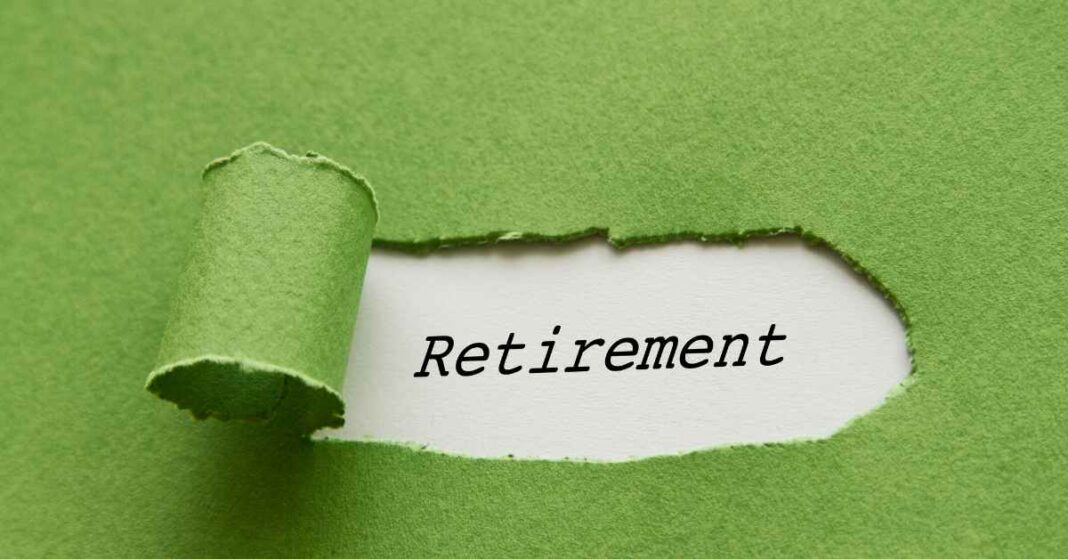The advantages of early Retirement for the company are multiple. Mainly because it is a handy tool when, for some reason, a company is forced to do without the services of some of its employees.
Access to early Retirement allows the company to reduce costs by negotiating the departure of older and senior staff and rejuvenating its workforce without having to face traumatic and conflictive situations with the employees who leave.
This is mainly because early retirees agree to reduce between 2% and 15% of their pension when they take advantage of this measure.
What is early Retirement, and how does it work?
Early Retirement is a private agreement between the company and the worker. Its objective is to end the current contractual relationship before the worker’s Retirement. This is a transitional situation between the cessation of full-time employment and the legal retirement age, currently at 66 years of age and 2 months.
One of the general conditions is that the worker must be close to retirement age, not less than 55 years old. From then on, the conditions between the company and the employee are established by mutual agreement.
Something that depends on whether it is a total, partial, or forced early Retirement. Thus, the salary and other aspects, such as taxation, may vary from one case to another.
Also Read: Implementing Security Measures to Secure the Operations
It has been a widespread mechanism in our economy since the 1980s and 1990s. It is mainly used to adapt the templates to the restructuring needs of large productive sectors. This is the case in the steel industry, mining, or shipbuilding, allowing an orderly exit of older company workers.
A measure designed precisely so that the workforce can maintain their standard of living until they reach the legal retirement age.
Who pays the payroll of early retired employees?
This is one of the most common questions when wondering how to retire a worker early. Most often, the early retirement plan is configured through the issuance of insurance policies. For the adequate instrumentation of the flows that result from the separations, the payment of the amounts is usually made through the insurance companies.
Do you continue to contribute to Social Security when you are in early Retirement?
The most used solution is for the company to negotiate a special agreement with Social Security on behalf of the worker. The company is responsible for paying the employee an amount so that he pays the corresponding contribution to Social Security. And, if it is a partial early retirement, it complements that amount to contribute, as if the worker maintained his activity full time.
Early Retirement and pre-retirement: is it the same?
These are concepts that often generate confusion and are even misused. When we talk about accessing early Retirement, we refer to the possibility that a worker, either for forced reasons (such as an ERE) or voluntarily, can access his public pension up to two years in advance, as long as he has a minimum of listed years.
In any case, this option entails an economic loss since a percentage of the public pension will be deducted depending on the years of contributions and how early Retirement is.
However, many companies allow the worker to retire from their work activity earlier through early Retirement, in which, unlike early Retirement, the company guarantees the payment of economic compensation until the age of Retirement. Retirement is usually accompanied by a decrease in your salary.
How does early Retirement affect companies? Advantage
Why do companies retire early? Early Retirement has many benefits for companies that find themselves in complex situations of personnel restructuring. Thanks to this tool, organizations are able, among other things, to:
- Improve your competitiveness.
- They also have the possibility of rejuvenating the template.
- Optimize costs, and adjust the structure to a compromised economic situation.
- Update your technology or improve the production system.
- Allows you to reduce costs
The costs of carrying out an early retirement plan in the face of the dismissal of an employee with many years of seniority are lower. And that is a great relief for companies that need internal restructuring for whatever reasons.
Negotiate the departure of older staff without resorting to dismissal
Layoffs represent traumatic and stressful situations for the company and the affected workers. But let’s not forget those who stay and are spectators of the exits. Early Retirement can have a very positive impact on the part of the employees, who see how the company manages an internal restructuring without layoffs. After all, it is a less traumatic formula, which implies a more positive perception on the part of the workers.
Rejuvenate the workforce
The entry of new talent into the organization brings many benefits in labor productivity and business efficiency. The challenge of incorporating and generating engagement in professionals of different ages is one of the most important in people management. Among other things, it includes different visions, new knowledge, and new skills.
Has the approval of the unions
In most cases, early retirements have the approval of the unions: company and employee benefits, thanks to the consensus. Trade unions usually propose this tool as an alternative to ERES.
Organizations can improve their competitiveness; they can also rejuvenate the workforce and optimize costs.
Undoubtedly, early Retirement represents the most minor traumatic system for job separation. In fact, they are considered in many cases as a ‘prize’ at the time of culminating the professional career of the workers.
The company, for its part, must guarantee the regular worker’s income and Social Security contributions from the termination of their contract until likely retirement age.
Also Read: How to Get Qualified Leads on Facebook ADS










![Imginn Instagram Story and Photos Anonymous Viewer Tool [Free] Imginn](https://www.iblogtech.com/wp-content/uploads/2023/09/imginn-150x150.webp)



